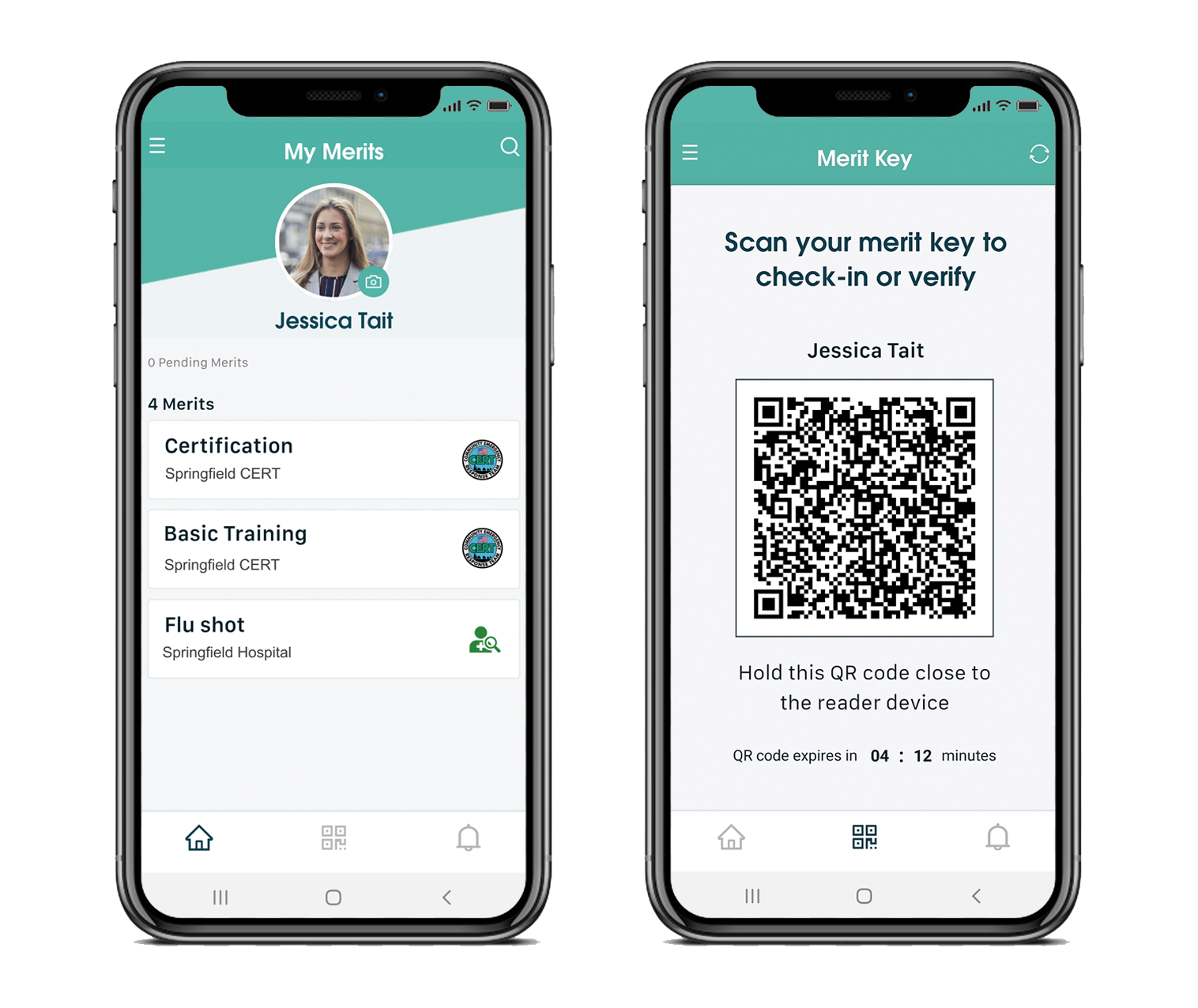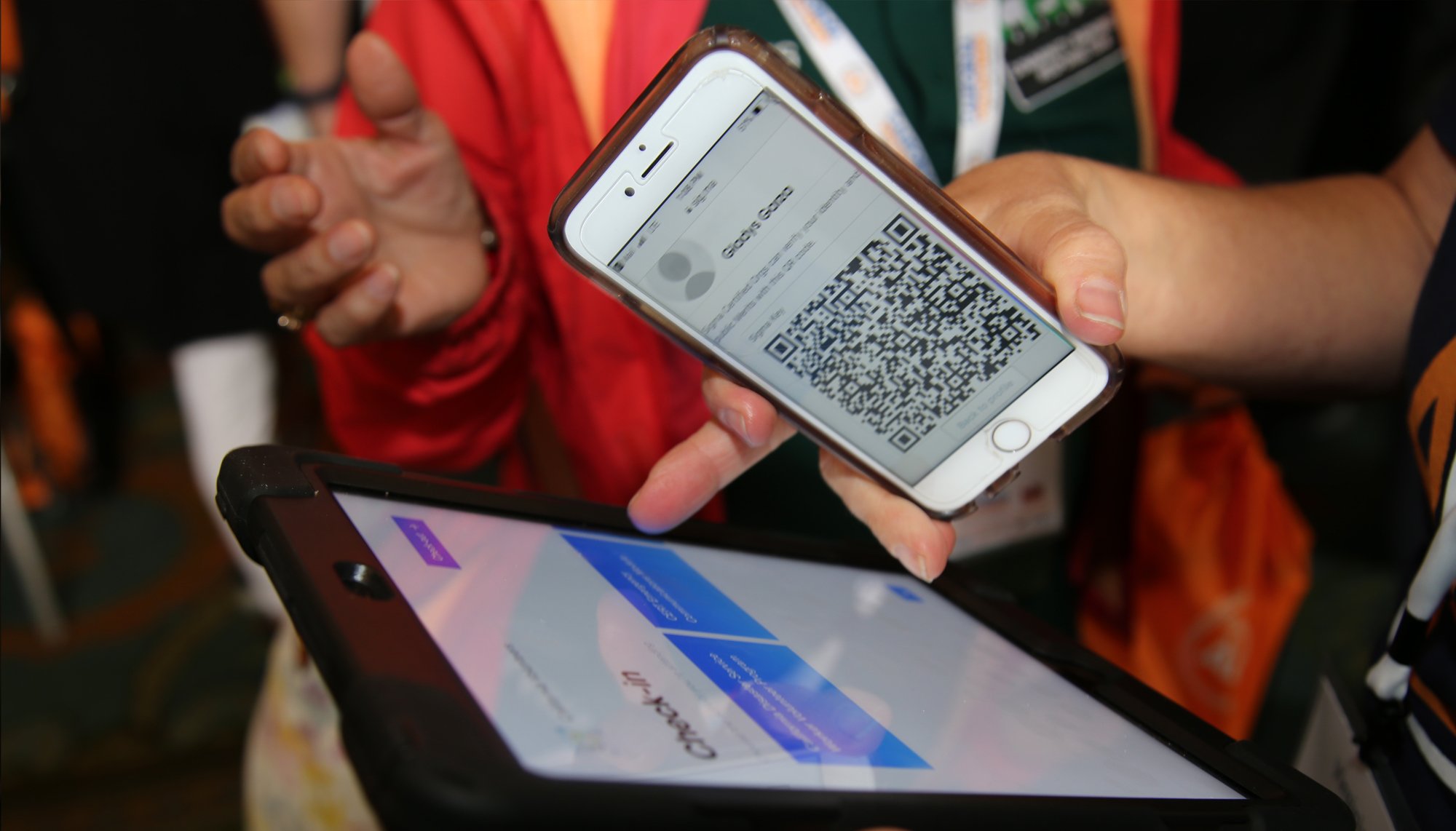Twelve Golden Rules From The Kitchen For Effective Leadership: ‘Mise En Place’
We’ve often been taught that “faster is better” when hustling to get a job done, but during my time working in the catering business, I learned...
2 min read
Merit Jul 23, 2019

This article first appeared in CERT Responder Magazine
Since the beginning of the CERT curriculum in 1993, those involved have continually expanded their skills and capabilities to allow them to prepare and respond to disasters nationwide. We have CERT members to thank for responding safely and effectively to emergency situations in ways that best impact their communities.
At the core of how CERT programs accomplish this is through each of the 600,000 members’ own unique skills, capabilities, and training they bring to their communities’ disaster situations. Take a hypothetical CERT named Josh, an EMT for a living. Josh attended California EMS Academy. He’s taken Hazardous Materials training courses. He has Spanish-speaking skills. If you ask Josh how he proves this, he might show you a laminated card, a diploma, an email certificate, and a printout. It’s a mess and difficult to verify his many credentials at once.  Enter Merit, the free service that enables Josh to capture his accomplishments as merits and take action on them. These components of his identity are verified and, in combination, unique. By storing them digitally and making them easily verifiable, CERT members who hold these merits can instantly leverage them on the go, whether they’re checking into training or need to prove qualifications for deployment at disaster zones.
Enter Merit, the free service that enables Josh to capture his accomplishments as merits and take action on them. These components of his identity are verified and, in combination, unique. By storing them digitally and making them easily verifiable, CERT members who hold these merits can instantly leverage them on the go, whether they’re checking into training or need to prove qualifications for deployment at disaster zones.
Dozens of CERT and other emergency organizations take advantage of merits in a wide spectrum of situations. Volunteer Florida is beginning to use Merit to track and manage its statewide VOAD and CERT responders for disaster planning. Previously, knowing which volunteer attended what training or had the expertise was a messy mix of paper-based documentation, emails, and spreadsheets. When state and local disaster response teams use Merit to track their volunteers’ training, skills, and experience, the entire emergency response network gains clear visibility into who is most capable and where resources stand when they are most critical. This matters when it comes to deploying volunteers and on-the-ground coordination. Knowing that someone has language skills or a certification to do CPR is essential in an emergency. It can save the State time–and time can save lives.

It’s also potentially a massive cost-saving. In Hurricane Irma, with a $2 billion bill, only 75% is normally paid by FEMA. States and municipalities were on the hook for 25% of the bill, which can be offset through volunteer hours. Merit addresses this ineffective system for collecting hours served as their Check-In app captures and systematically stores that data. This could save Florida tens to even hundreds of millions of dollars for the next hurricane and better prove the impact of CERT and VOAD programs on their communities.
Merit will listen to its CERT members, organizations, and developers and adapt to their needs to evolve over time. As such, they’d love to hear from you; if you have suggestions, needs, or war stories to share, please reach out today.
We’ve often been taught that “faster is better” when hustling to get a job done, but during my time working in the catering business, I learned...
Your people are your most valuable asset and your biggest competitive advantage. Invest in them wisely, and they’ll take your company places you...
Big workforce initiatives thrive on strong collaboration between ecosystem partners; however, navigating those projects may sometimes be challenging....